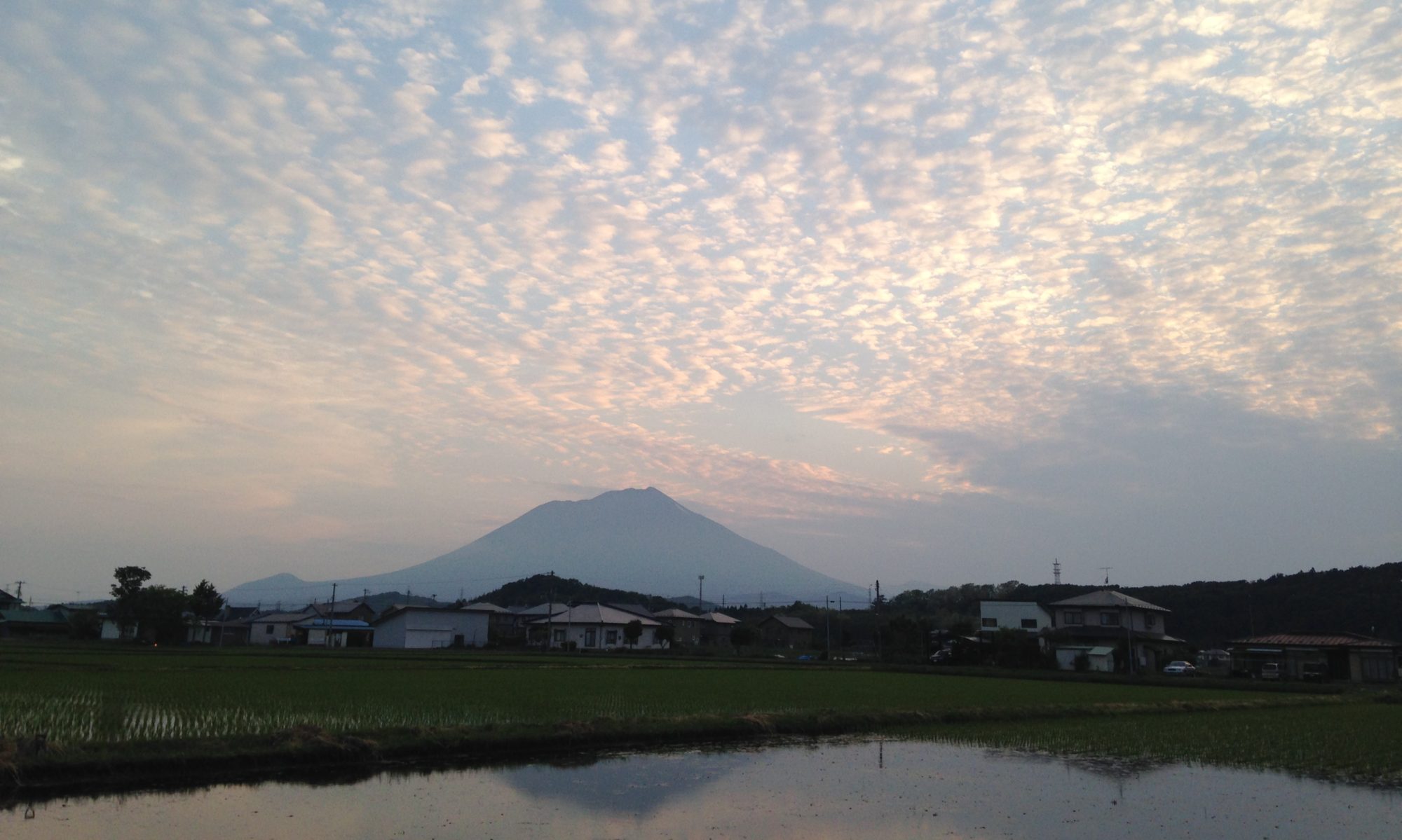Climate change is on track to be the downfall of our current form of society, in one way or another.
While media outlets and political bodies frame it as a simple issue of moving to green technologies, the reality is not so simple.
Moving to these technologies at the scale required to maintain the current way of doing things requires resources and minerals which are not readily available. Acquiring these resources, using the known methods with the stipulations imposed by our current economic system (in other words, doing so in a profitable manner) is environmentally destructive (although efforts are being made to change this, resource extraction is the definition of the exploitation of the Earth) and takes an amount of time that we simply do not have (unless there is a way to synthesize the minerals required to create solar panels and wind turbines, we need vast mining operations).
That isn’t to say it is impossible, but doing so would require methods which are not as profitable as current systems, and in a capitalist system, that essentially means it is impossible. If profit is dethroned from its place at the top of all priorities, the cost (including lost potential profits) involved in making these changes no longer will restrain action, and if a healthy economy is decoupled from one expanding infinitely, there is no longer an infinite demand for more resources.
As they say, infinite growth is impossible on a finite planet. Abundant resources seem infinite until they run out. Even the UN admits that reaching this goal requires a complete transformation of society, including economic systems.
Capitalism requires endless growth – if the economy stops growing, there is crisis. Capitalism is fundamentally not sustainable, and as long as humanity staunchly opposes the idea of moving beyond capitalism, we are doomed.
For example, an often discussed “solution” to the climate crisis is a transition to electric vehicles. The issue being that cars are fundamentally wasteful: at best, they require large amounts of a number of minerals which must be mined from the Earth, only to spend most of their time parked. The land they require for parking contributes disrupts ecosystems, the water cycle, and makes areas hotter. Additionally, electric vehicles aren’t exactly “green” if the electrical grids charging them are powered by fossil fuels.
While there are cleaner power sources, they also require minerals which are not always easy to obtain and not in infinite supply. They are also not built to last forever.
While this isn’t a call to stop trying, or not pursue the good because it is imperfect, it is a call to look at the material reality of the situation we are all living in. Several of the roadblocks to avoiding climate apocalypse are rooted in the economic system we currently live in.
There is no reason to stay dedicated to capitalism. It is not the natural way of things, and things have not always been this way. To allow the technology we desperately need to come to fruition before it is too late, we cannot continue to do things and live in the same ways as we have for the last one hundred or even two hundred years.
If we cannot create a truly sustainable way to move forward, then there is no solution. Moving backwards is not enough – people do not have the skills they used to have, most people cannot be dropped into a pre-industrial world and get by. Some amount of de-growth will be required (life is still worth living even without some of the modern luxuries), but without completely changing the path, we will end up back in this same place.
Ultimately, we need to move past capitalism. It is an economic system which has ceased to be useful and the continued existence of organized human society requires that we move on.
Industrial capitalism cannot save itself from industrial capitalism. We can either choose to put our continued survival above an economic system, or we can perish in the endless wars of resources, natural disasters, and unbearable landscapes to come.
